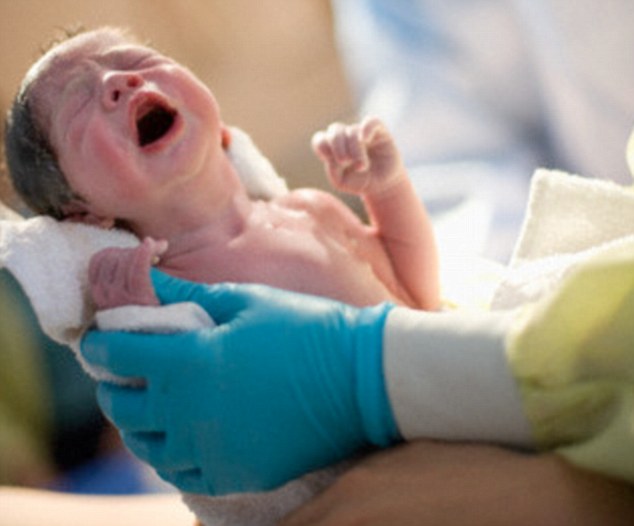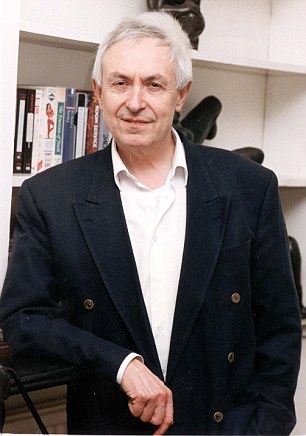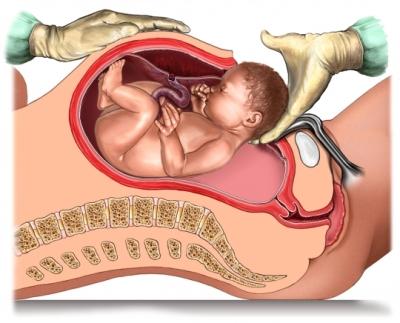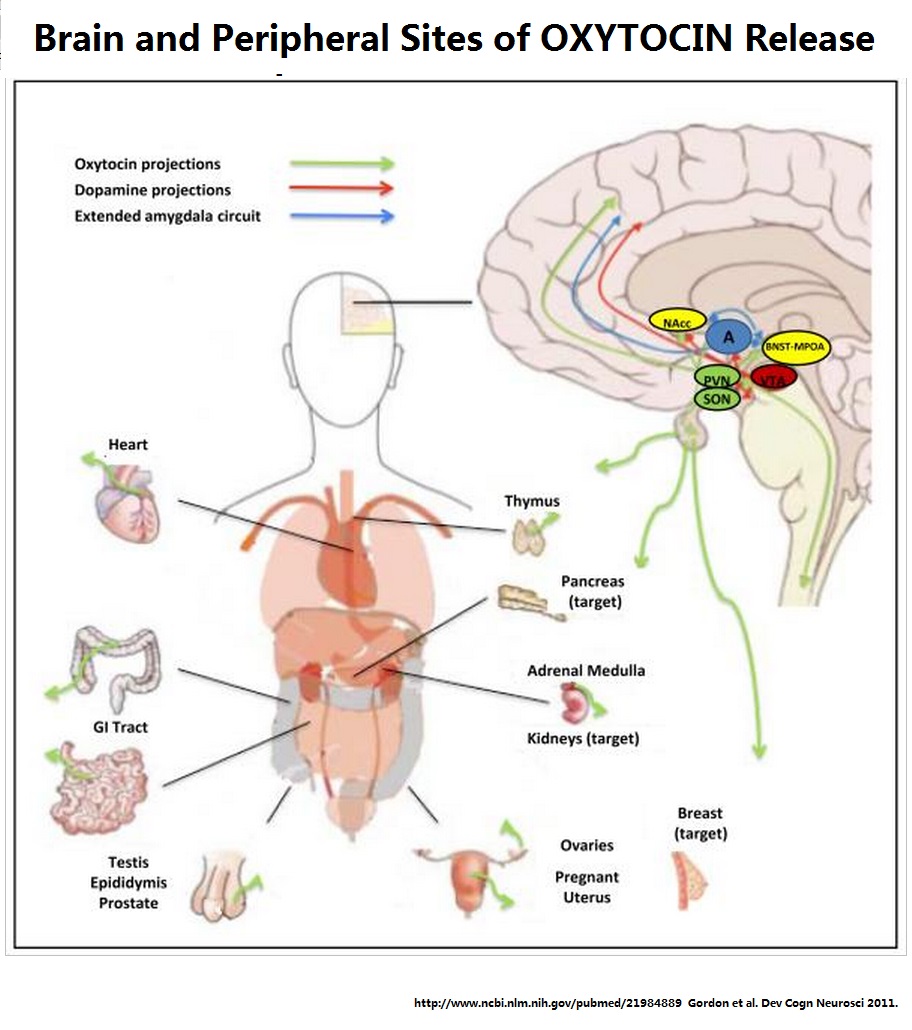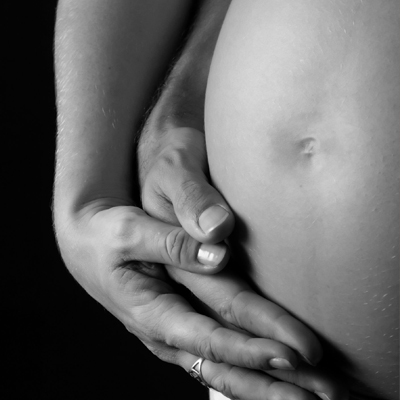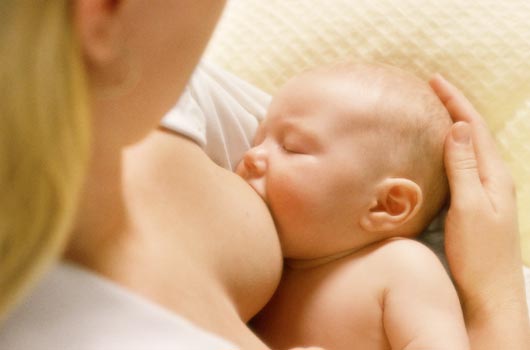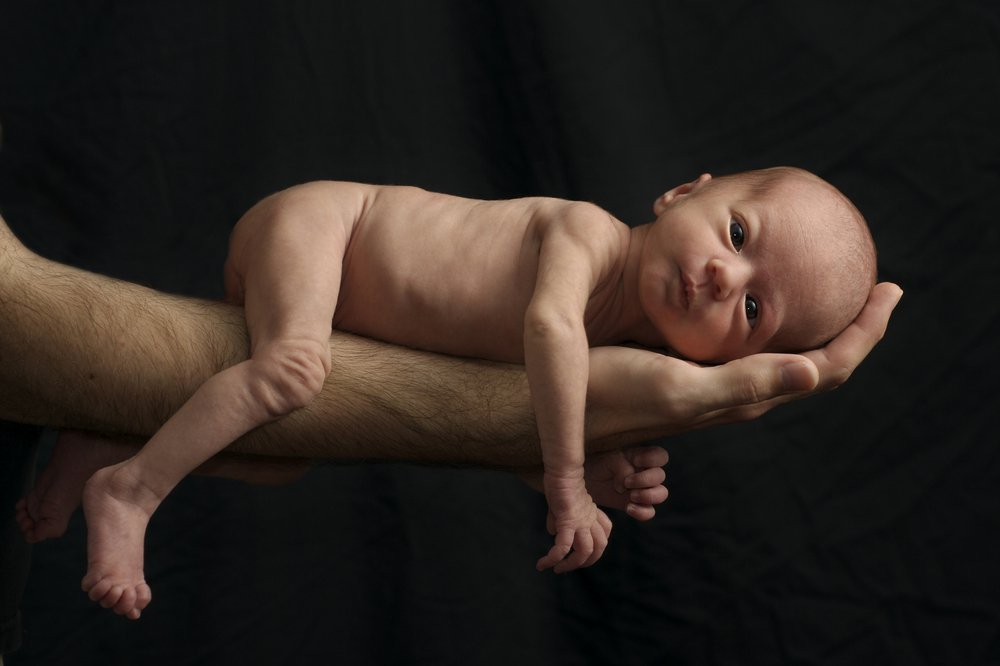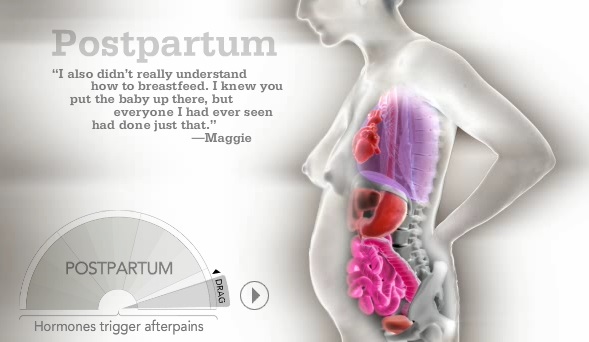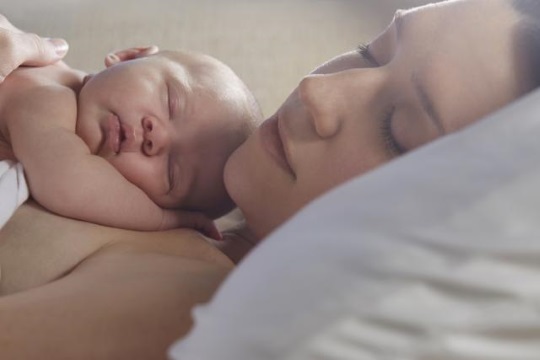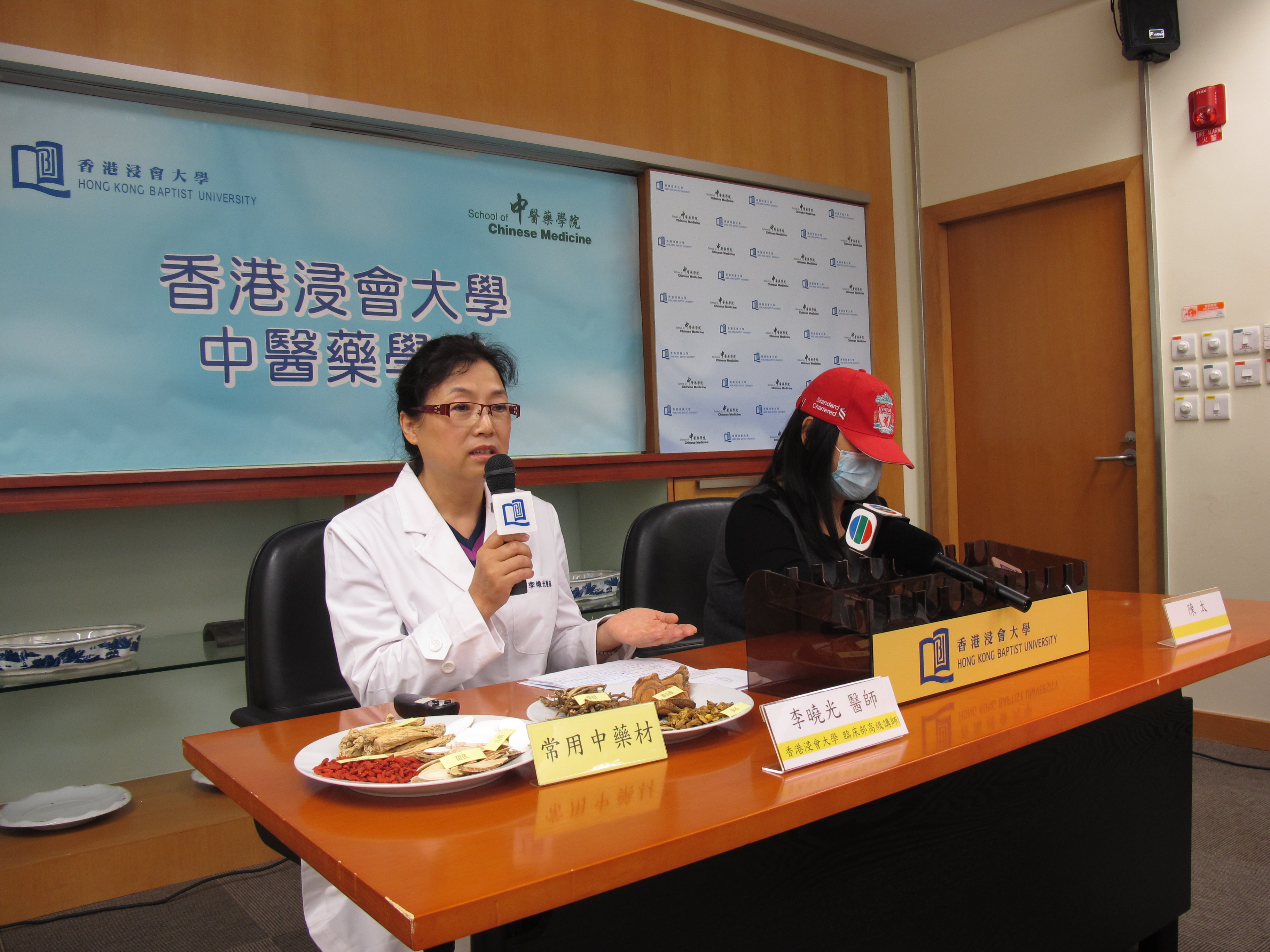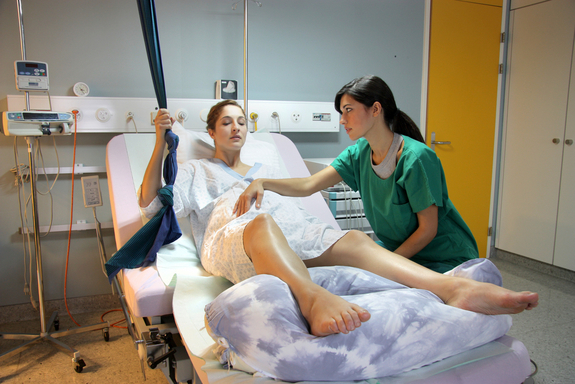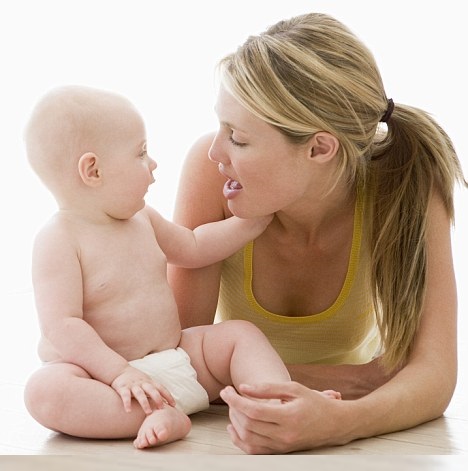The Secret to A Quick, Painless Childbirth
Most women believe childbirth will be one of the most painful experiences of their lives. And many who have given birth already can vouch that this is true. But one expert says there is a simple way to overcome the pain: just don’t think at all.
Obstetrician Dr Michel Odent(Left Photo) says the key to giving birth easily is to shut off thinking altogether. In fact, women ‘thinking too much’ in labour is the one thing that hinders the baby slipping out with barely any effort at all, said the renowned medical expert. The part of the brain responsible for conscious thinking, called the neocortex, allows us to do mathematics, use language and answer questions, he said. But this type of thinking hinders a woman’s natural, primitive ability to give birth to a child. Speaking to New Scientist, he said: ‘A woman in labour needs to be protected against all possible stimulation of her thinking brain, because giving birth is the business of the primitive brain structures. ‘The neocortex is useful for daily life, but in some situations – like sex and childbirth – we must stop thinking.’ If a woman could turn off her ‘thinking’, her neocortical activity, a phenomenon known as the ‘foetus ejection reflex’ could occur, he said. This is a where the baby slips out with no conscious effort, he said. Here, the body does all the work and the woman simply lies back while it happens. He explained: ‘If nobody is interfering there will be a short series of irresistible contractions, no voluntary movements at all. ‘It’s as if the woman is in a kind of ecstatic state, off the planet, and then the baby is born. It’s a quick and easy birth.’ He added that having the father present in the room where she is giving birth means she is unable to ‘let go’ and engages the ‘thinking’ part of the brain that hinders birth. Having her partner present is a new phenomenon in the history of humanity, he said, adding that in the animal kingdom female mammals give birth alone, away from their sexual partner. Even the setup of delivery room stops the natural birth process, as light in hospital lamps is in the blue part of the spectrum.
This inhibits the release of melatonin, the ‘darkness hormone’ which is one of the main birth hormones. Melatonin works alongside oxytonin, the ‘cuddle hormone’, which plays a role in inducing contractions. Dr Odent was formerly head of the surgical and maternity units at Pithiviers hospital in Northern France. Speaking last month, he warned that women are losing their power to give birth naturally by relying on Caesareans and other interventions. He also warned that the increasing tendency towards women having their labours induced could impair their ability to breastfeed. He urged midwives to do more to encourage natural births and even suggested they should calm mothers-to-be by knitting in the corner of the room. In a stark warning, he said that if current trends continue, the ‘future of the human capacity to give birth is at risk’. More than a quarter of births in the UK now involve a Caesarean, with rates having doubled since 1990. This has largely been blamed on doctors being more cautious and keener to intervene if the labour is slow as well as a reluctance among women to go through birth without medication. Dr Odent also highlighted figures showing that women who gave birth between 2002 and 2008 took an average of two and a half hours longer during the first stage of labour compared to those between 1959 to 1966.
He believes that women are becoming increasingly dependent on other interventions such as forceps, epidural pain-relieving injections and other drugs. He also warned against women routinely being given the drug oxytocin to induce labour or speed the process up. This is a naturally occurring hormone and Dr Odent said that giving it to women via drips suppressed their ability to produce it themselves. The hormone is thought to play a crucial role in enabling a mother to bond with the newborn and produce milk. Dr Odent warned that if women lost their ability to produce it naturally, they would find it harder to breastfeed. Last year, 25 per cent of births were induced using oxytocin, a 7 per cent rise compared to the previous year. Dr Odent, 85, formerly head of the surgical and maternity units at Pithiviers hospital in Northern France, said: ‘To me it demonstrates the obvious — that women are losing the capacity to give birth. 'That is the primary phenomenon . . . the number of women who give birth to babies naturally is becoming insignificant. ‘I believe that the human oxytocin system — oxytocin being the hormone of love, fundamental to birth and bonding, even in adulthood — is growing weaker.’
He urged midwives to become the ‘protectors of the evolutionary process’ and to protect women from those doctors who are keen to intervene. And he suggested they sit quietly in the corner of a darkened labour room knitting, which would calm the mother to be and enable her to produce the natural hormones needed for birth. His remarks are made in his book Do We Need Midwives, and also in a contribution to another book, Mama: Love, Motherhood and Revolution, by Antonella Gambotto-Burke. Soo Downe, professor in midwifery studies at the University of Central Lancashire, said: ‘Odent has in the past said things that seem preposterous but a few years later are borne out by the evidence. 'Giving women synthetic oxytocin interferes with the balance of hormones. Evidence is growing that there are long-term consequences.' Written By Madlen Davies Retrieved From:
|
|





